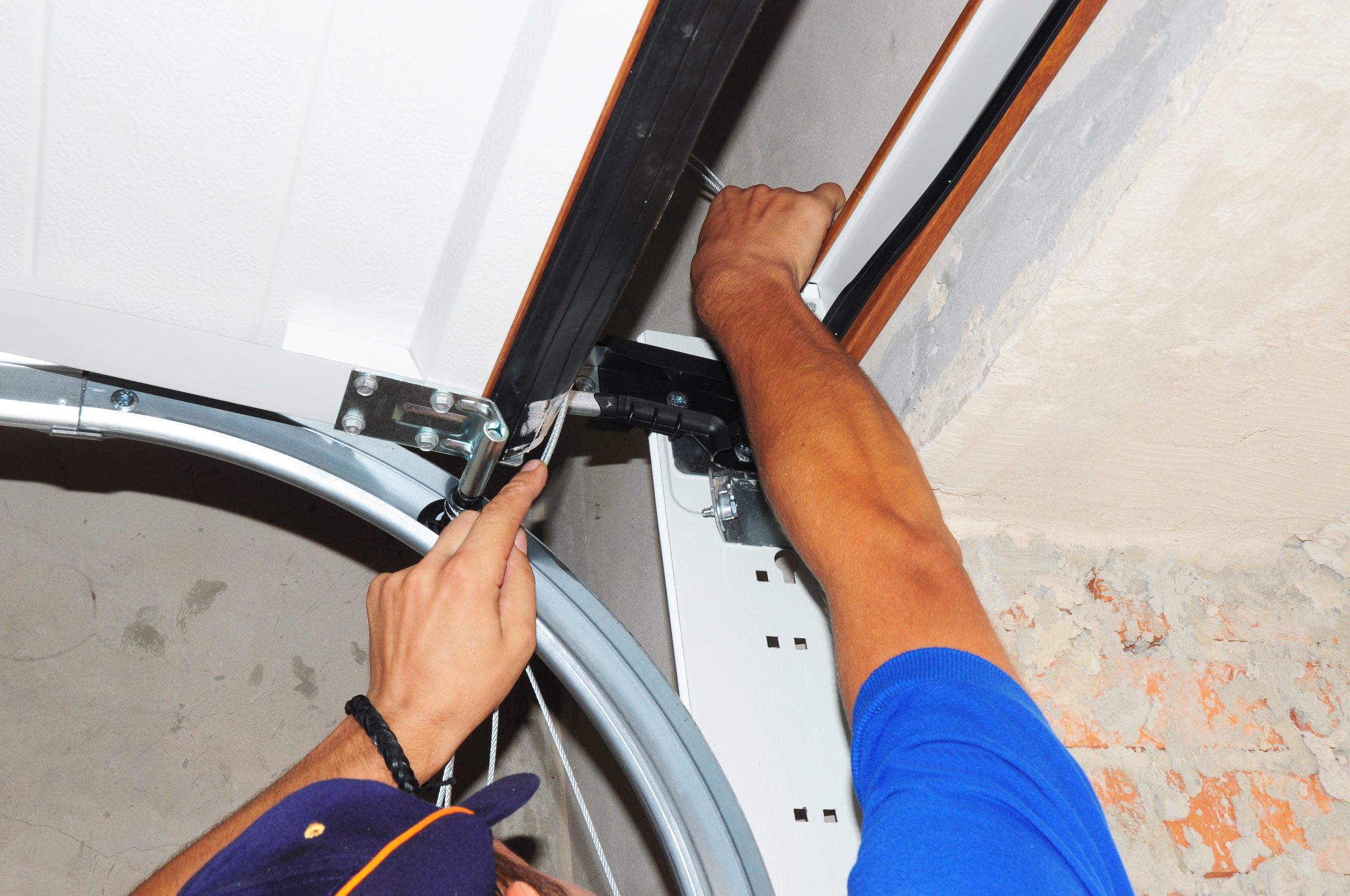Identifying and Solving Garage Door Noise
A noisy garage can be a major nuisance, disrupting your peace and quiet at home. The constant clanging, grinding, or squeaking sounds can be annoying and even concerning. But what exactly is causing all this racket?

Here are some common reasons why your garage might be so loud:
- Lack of lubrication: Garage doors rely on various moving parts, such as rollers, hinges, and springs. Without proper lubrication, these parts can rub against each other, creating friction and noise. This is often the most common and easily fixable cause of garage door noise.
- Worn-out parts: Over time, the rollers, springs, cables, and other components of your garage door can wear down, leading to increased noise levels. These worn-out parts may need to be replaced to restore quiet operation.
- Loose hardware: Bolts, screws, and other hardware can become loose over time, causing the different parts of your garage door to vibrate and rattle. Tightening these loose components can often eliminate the noise.
- Damaged tracks: If the tracks that your garage door rolls on are bent or damaged, it can cause the door to move unevenly and produce grinding or screeching noises. Repairing or replacing the damaged tracks can resolve this issue.
- Faulty opener: The garage door opener itself can also be a source of noise. A worn-out motor, damaged gears, or misaligned sensors can all contribute to loud operation.
- Poor installation: Improper installation can lead to a variety of problems, including noise. If your garage door was not installed correctly, it may need to be adjusted or re-installed to function quietly.
- Environmental factors: Wind, rain, and snow can all cause your garage door to make noise, especially if it is not properly sealed or insulated.
What to Do About a Noisy Garage Door:
Once you have identified the source of the noise, you can take steps to address it. Here are some options:
- Lubricate all moving parts: Regularly lubricate the rollers, hinges, springs, and other moving parts of your garage door with a silicone-based spray.
- Replace worn-out parts: If any parts of your garage door are damaged or worn out, they need to be replaced. This includes rollers, springs, cables, and hardware.
- Tighten loose hardware: Inspect your garage door for loose bolts, screws, and other hardware and tighten them with the appropriate tools.
- Repair or replace damaged tracks: If the tracks are bent or damaged, they will need to be repaired or replaced. This is best left to a professional.
- Fix a faulty opener: If the noise is coming from the opener, you may need to repair or replace it. This is also best left to a professional.
- Improve insulation and sealing: If your garage door is not properly insulated or sealed, it will be more susceptible to noise from the outside. You can install insulation and weatherstripping to improve the soundproofing of your garage door.
- Hire a professional: If you are not comfortable troubleshooting the noise yourself, or if the problem is more complex, it is best to hire a qualified garage door repair technician.
Preventing Future Noise:
By taking proper care of your garage door and having it inspected and serviced regularly, you can prevent many of these noise problems from occurring in the first place. This includes lubricating moving parts, checking for worn-out components, and tightening loose hardware.
By identifying the source of the noise and taking appropriate action, you can restore peace and quiet to your garage and enjoy the convenience of a smoothly operating door.
